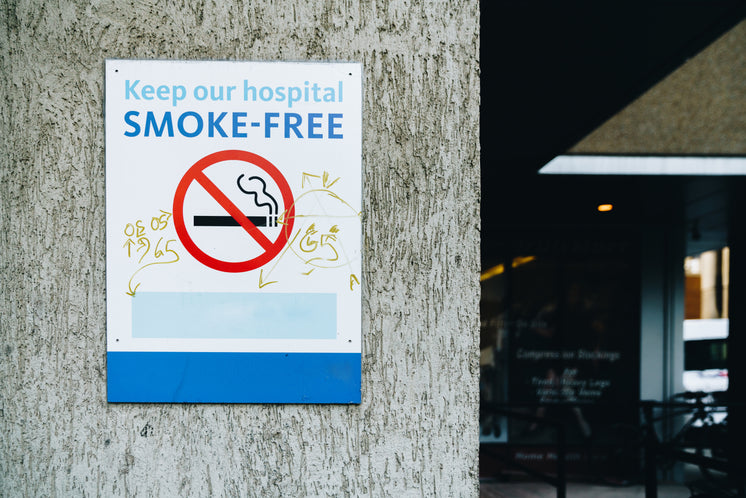Getting listed in UK law directories is one of the highest ROI ways to…
페이지 정보
작성자 Monte 댓글 0건 조회 29회 작성일 25-10-08 21:43본문
Without public confidence, the effectiveness of the entire legal system can be undermined. These can range from contractual disagreements to family law matters, property disputes, and claims for compensation due to personal injury.
 Courts must operate in a transparent and accountable manner, ensuring that their decisions are well-reasoned and based on law.
Courts must operate in a transparent and accountable manner, ensuring that their decisions are well-reasoned and based on law.
 Many directories possess relevance to legal search, allowing firms to support local SEO even if their own website is underdeveloped.
Many directories possess relevance to legal search, allowing firms to support local SEO even if their own website is underdeveloped.
Courts must assess evidence, hear witness testimony, and deliver judgments based on facts and the law, without external influence. In civil cases, courts are tasked with resolving disputes fairly and impartially, using the law to determine who is at fault and what compensation or remedy is appropriate.
Another crucial responsibility of UK law courts is to manage civil disputes. A further important responsibility of law courts is to ensure that there is access to justice for all, particularly for vulnerable or disadvantaged individuals.
From an organic reach perspective, directory listings offer strategic leverage. Courts have systems in place to prioritize urgent cases, such as those involving vulnerable individuals, and ensure that the legal process moves forward as efficiently as possible.
If you have any queries regarding where and how to use advertising services, you can speak to us at our web site. With a tradition based in common law, a hierarchy of courts handling everything from minor disputes to constitutional questions, and a commitment to fairness and due process, the system plays a crucial role in upholding justice and the rule of law.
Courts are responsible for safeguarding the rights and freedoms of individuals, as enshrined in legislation such as the Human Rights Act 1998. From ensuring that justice is delivered fairly and impartially, to protecting individual rights, managing civil disputes, and upholding public confidence in the legal system, the duties of law courts are vast and varied. This includes protecting individuals from unlawful detention, ensuring that everyone has access to a fair trial, and safeguarding the right to free speech, privacy, and equality before the law.
Ultimately, law courts in England are a complex yet effective component of the UK’s legal landscape.
Transparency is vital to maintaining public trust, as it ensures that individuals feel confident that their cases will be heard fairly. Courts must manage case backlogs, avoid unnecessary delays, and ensure that cases are heard in a timely manner. Established in 2009, the Supreme Court replaced the Appellate Committee of the House of Lords and serves as the ultimate authority on legal disputes across the UK.
Prolonged delays can lead to frustration for individuals involved in legal proceedings and can undermine confidence in the legal system.
As the legal system continues to evolve, the role and responsibilities of law courts remain central to maintaining a fair and just society. Courts also work to ensure that individuals who are facing discrimination or disadvantage can still access a fair trial and that their rights are protected throughout the legal process.
Once a court has made a decision, it is responsible for ensuring that the ruling is enforced. A central function of law courts is to ensure public confidence in the justice system.
To summarize, law courts in the UK have a range of critical duties that are essential for the proper functioning of the legal system.
Another significant responsibility of law courts is the enforcement of their rulings.
This duty is reflected in the provision of legal aid, which allows those who cannot afford legal representation to still access the courts and receive professional legal support.
When individuals' rights are violated by the state or other individuals, courts provide a platform for seeking redress and holding those responsible to account. This may include overseeing the payment of fines or compensation, enforcing child custody arrangements, or ensuring that individuals comply with court orders.
This is particularly important in criminal cases, where defendants face the potential for severe penalties, including imprisonment. Law courts are tasked with ensuring the efficient administration of justice.
The protection of human rights is another fundamental duty of UK courts. Courts are expected to operate without bias and provide a fair trial for all individuals, regardless of their background, wealth, or status.
The final appellate court for all civil and criminal cases (except most criminal cases from Scotland) is the Supreme Court of the United Kingdom, based in London.
A fundamental responsibility of the UK court system is to ensure justice is served fairly and impartially. Courts also play a role in educating the public about the legal process and promoting awareness of the justice system’s role in society. Courts must ensure that parties have the opportunity to present their case and that all relevant evidence is considered before making a decision.
The work of courts is fundamental to the rule of law and the protection of democracy, ensuring that everyone, regardless of their background or circumstances, has access to justice.
Courts may work with enforcement agencies, such as bailiffs or police, to ensure that judgments are carried out effectively.
- 이전글What's In Your Pet's Food? 25.10.08
- 다음글ดอกไม้ประดับงานศพที่คนมักเลือกใช้ที่ช่วยเยียวยาหัวใจฉัน 25.10.08
댓글목록
등록된 댓글이 없습니다.



